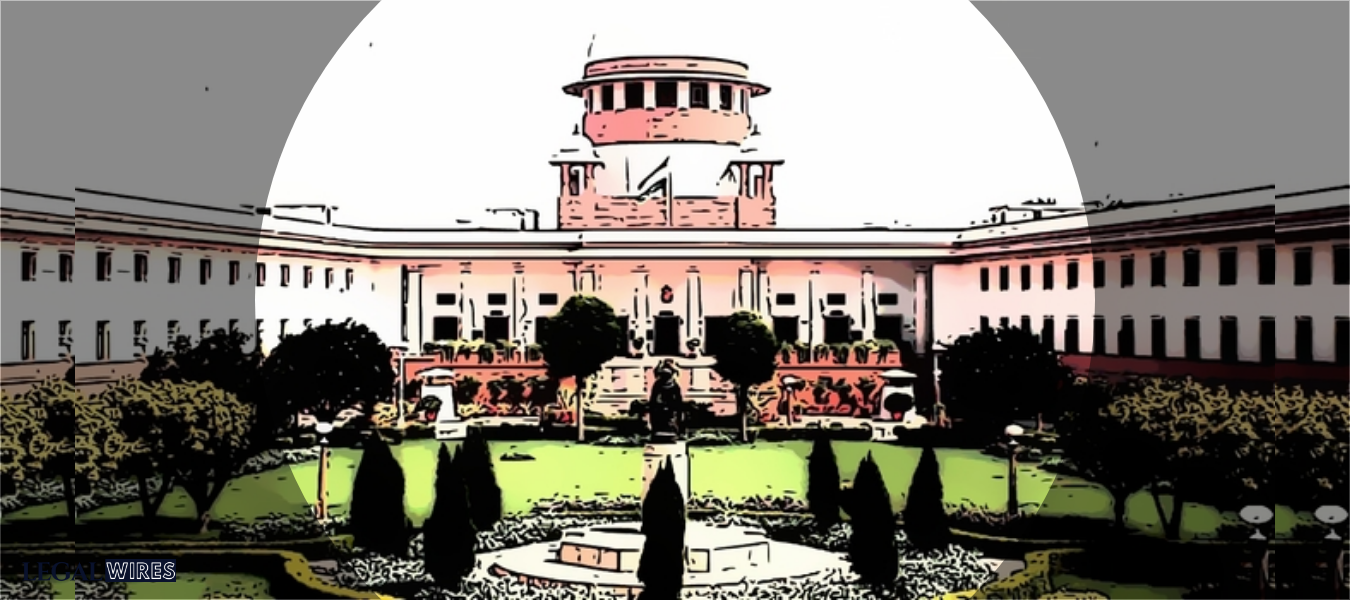Parliament enacted the Official Languages Act, 1963 which provided for the continued use of English for official purposes along with Hindi, even after 1965.

The Indian constitution, in 1950, declared Hindi in Devanagari script to be the official language of the union. Unless Parliament decided otherwise, the use of English for official purposes was to cease 15 years after the constitution came into effect, i.e., on 26 January 1965. The prospect of the changeover, however, led to much alarm in the non-Hindi-speaking areas of India, especially Dravidian-speaking states whose languages were not related to Hindi at all. As a result, Parliament enacted the Official Languages Act, 1963 which provided for the continued use of English for official purposes along with Hindi, even after 1965. The Eighth Schedule to the Constitution of India lists the official languages of the Republic of India.
Article 343(1) of the Constitution provides that Hindi in Devanagari script shall be the Official Language of the Union. Article 343(2) also provided for continuing the use of English in official work of the Union for a period of 15 years (i.e., up to 25 January 1965) from the date of commencement of the Constitution. Article 343(3) empowered the parliament to provide by law for continued use of English for official purposes even after 25 January 1965. Accordingly, section 3(2) of the Official Languages Act, 1963 (amended in 1967) provides for continuing the use of English in official work even after 25 January 1965. The Act also lays down that both Hindi and English shall compulsorily be used for certain specified purposes such as Resolutions, General Orders, Rules, Notifications, Administrative and other Reports, Press Communiqués; Administrative and other Reports and Official Papers to be laid before a House or the Houses of Parliament; Contracts, Agreements, Licenses, Permits, Tender Notices and Forms of Tender, etc
Chief Justice of India, SA Bobde said “There might be people in Karnataka, Nagaland or rural Maharashtra who might not know Hindi or English. Your government should consider amending the Official Languages Act,“
CJI Bobde told Solicitor General Tushar Mehta, who was representing the Central government the Central government submitted on Thursday that as per Article 343 of the Constitution, the official language of the Union is Hindi along with English.
The plea stated that “The Constitution of India does not have any provision whereby it may be inferred that all the languages mentioned in the 8th schedule of the Constitution would be used as official languages of the Union.“
The Supreme Court after examining the Delhi High Court judgment observed that the arguments raised by the Centre before the Supreme Court were not raised before the high court. Therefore, directed the Centre to withdraw the petition before the top court with liberty to file a review petition before the high court.
Environmentalist, Vikrant Tongad approached the Delhi high court seeking extension of the window allowed to the public to send in their responses, till September 30. The initial deadline allowed by the Centre was till June 11 and the same was later extended by the Centre till June 30.
The high court extended the deadline till August 11 taking into account the fact that there was an error in the Centre’s notice extending the deadline to June 30.
Tongad in his plea had also canvassed the issue regarding the language in which the EIA notification was issued. He quoted as,
“The draft has been published only in English and Hindi, whereas it is proposed to have effect all over India and to several industries and comments have naturally be elicited from all over the country,“
The high court allowed the plea holding that EIA notification should be translated and published in all the scheduled languages.
“Considering the far reaching consequences of the public consultation process for which the draft notification has been published, we are of the view that it would be in aid of effective dissemination of the proposed notification if arrangements are made for its translation into other languages as well, at least those mentioned in the Eighth Schedule to the Constitution,“ the high court said.
The Centre challenged this aspect of the high court order before the Supreme Court.
“Such direction apart from causing massive procedural and administrative difficulties is also devoid of any statutory requirement for the petitioner to do so,” the Centre said in its plea.





